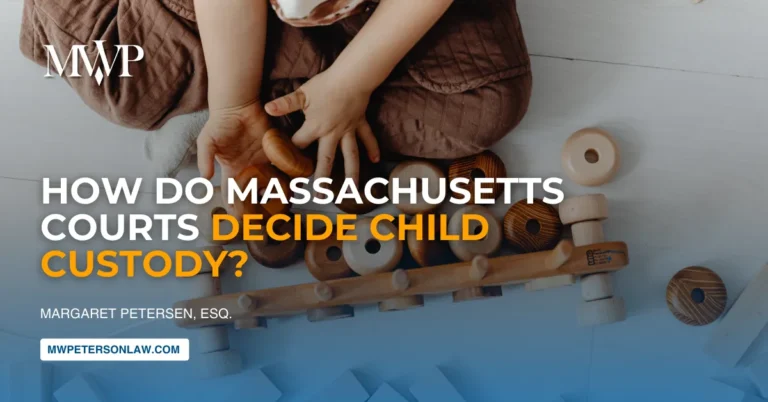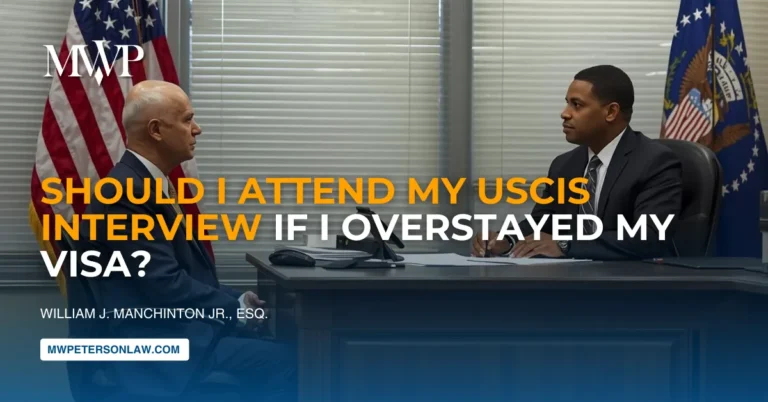What Is A Grand Jury? When you hear the term “grand jury,” you might picture dramatic courtroom scenes from TV shows. But the reality is quite different—and understanding this process is crucial if you or someone you care about is facing potential criminal charges in Massachusetts.
The Basics: What Is a Grand Jury?
A grand jury in Massachusetts consists of community members randomly selected from your area. Unlike a trial jury that determines guilt or innocence, a grand jury’s job is to decide whether there’s enough evidence for a case to move forward to superior court through an indictment.
Think of it as a preliminary screening process—not a determination of guilt, but rather a decision about whether a case deserves further consideration in court.
Behind Closed Doors: The Secret Process
One of the most important things to understand about grand jury proceedings is that they happen in private. Here’s what that means for you:
- The proceedings are confidential and closed to the public
- There’s no judge present during these sessions
- The discussions and evidence presented remain secret
Only the prosecutor, witnesses, and grand jurors are typically in the room. This secrecy serves an important purpose protecting the reputation of people who may ultimately not be charged with crimes—but it can also feel intimidating if you’re the subject of an investigation.
Your Rights in the Grand Jury Process
If you’re the target of a grand jury investigation in Massachusetts, you may have the right to testify before the grand jury. However, this is a decision that should never be made lightly or without legal guidance. Speaking with an experienced attorney before considering grand jury testimony is absolutely essential.
Unlike in a trial, you don’t have the right to have your attorney present with you in the grand jury room or to present your own evidence. The district attorney controls what evidence is shown to the grand jurors.
The Prosecutor's Special Responsibilities
Challenging Grand Jury Decisions
If you’ve been indicted, your attorney may be able to challenge the grand jury process in two primary ways:
- McCarthy Motion: This challenges whether the Commonwealth presented enough evidence to establish probable cause—the minimum standard needed for an indictment.
- O’Dell Motion: This challenges the fairness of the grand jury process itself, such as when exculpatory evidence wasn’t presented, evidence was misrepresented, or other procedural errors occurred.
Grand Jury Minutes: An Important Resource
Though the process happens in secret, grand jury proceedings are recorded. If your case moves forward to superior court, you’ll receive transcripts (called “grand jury minutes“) of what happened during those sessions.
These transcripts can be incredibly valuable for your defense. They provide a roadmap of the Commonwealth’s evidence and can be used to highlight inconsistencies if witnesses later change their stories at trial.
Getting the Help You Need
If you learn you’re the subject of a grand jury investigation, it’s a clear signal that you’re facing potentially serious charges that could carry significant penalties, including state prison time.
Having an experienced attorney by your side from the earliest possible moment can make a tremendous difference in how your case unfolds. Your attorney can:
- Advise you about whether to testify before the grand jury
- Prepare challenges to an indictment if appropriate
- Use grand jury minutes strategically in your defense
- Navigate the complex superior court process if you are indicted
The grand jury process can feel overwhelming, but remember—an indictment is just one step in the legal process, not a finding of guilt. With proper legal guidance, you can face this challenge with knowledge and preparation instead of fear and uncertainty.











